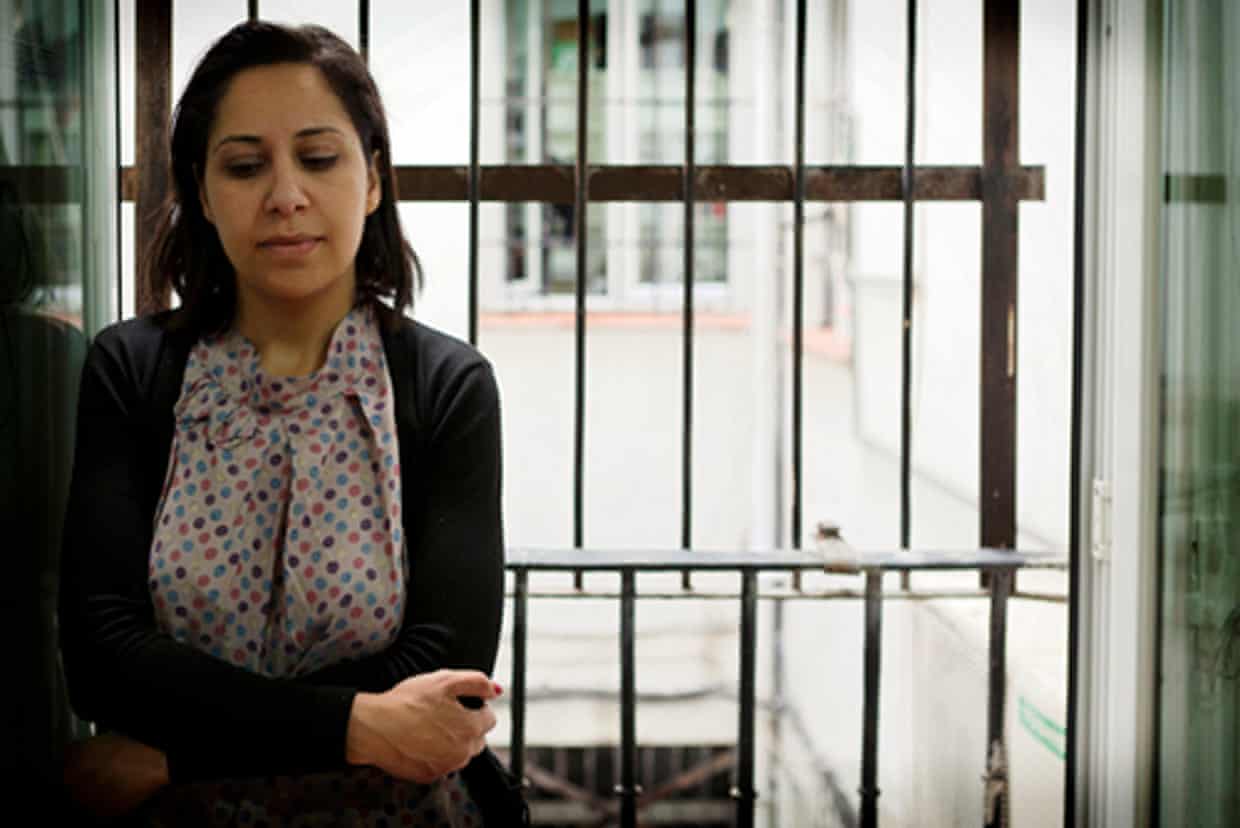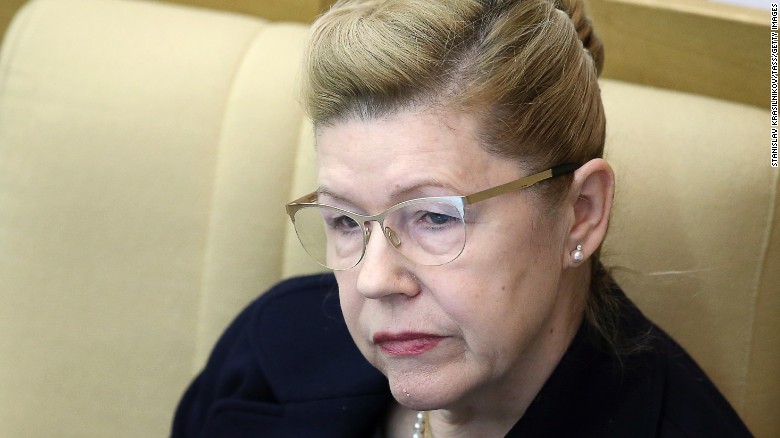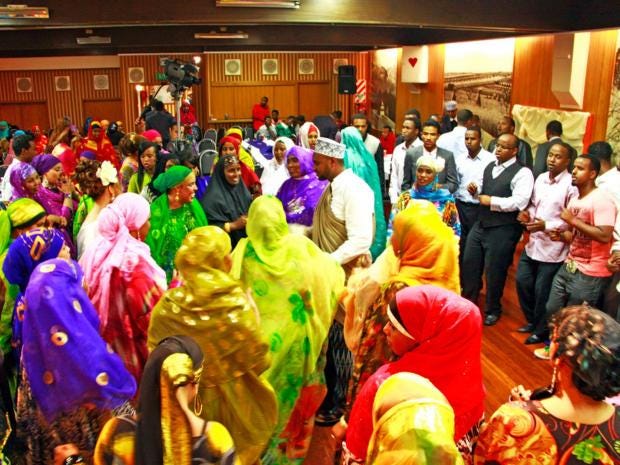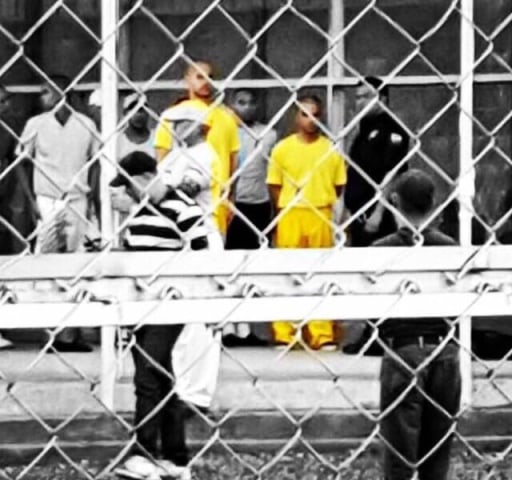by Yesim Usluca
Impunity Watch Reporter, Middle East
CAIRO, Egypt — On January 11th, an Egyptian court approved freezing the assets of three prominent human rights activists in connection with the ongoing case in which NGOs are accused of receiving foreign funds in an attempt to destabilize the country.

In its holding, the court froze the assets of prominent human rights activists Mozn Hassan, director of the Nazra for Feminist Studies, Mohammed Zaree, head of the Arab Penal Reform Organization, and Atef Hafez, director of the Arab Organization for Judicial Reform, as well as five other rights activists. Hassan spoke out against the decision, and stated this was the “first time in history [in which] a feminist or women’s rights organization” had its assets frozen.
The case against Hassan and her organization had been initiated in March 2016, and led to widespread criticism from women’s rights groups. 43 organizations had condemned the investigation decision, and declared that the country should “acknowledge the important and pivotal work” undertaken by Hassan in the “advancement of women’s rights [and] provision of support services for survivors of sexual violence[.]”
President Sisi has long defended the country’s dedication to human rights by indicating that Egypt “should not be judged by Western standards.” The European Union (EU), however, criticized the Egyptian court’s decision to freeze assets. In its statement, the EU indicated that the “decision continues a worrying trend of restricting space for civil society to operate in Egypt.” The British Foreign Office Minister also issued a statement declaring his concern over the decision, while urging the country to “lift restrictions on civil society organizations, and allow them to operate freely in line with the constitution.”
In response, the Egyptian Foreign Ministry’s “sharply worded statement” accused both countries of “double standards,” while “telling them to mind their own business.” The statement further declared that the comments made by the EU and UK “amounted to flagrant interference in the country’s affairs.”
For more information, please see:
Haaretz—Egyptian Court Approves Freezing Assets of Three Human Rights Activists—11 January 2017
Albawaba—EU condemns Egypt for freezing NGO directors’ assets—13 January 2017)
ABC News—Egypt Slams EU, UK for Criticizing Ruling on Activists—14 January 2017



